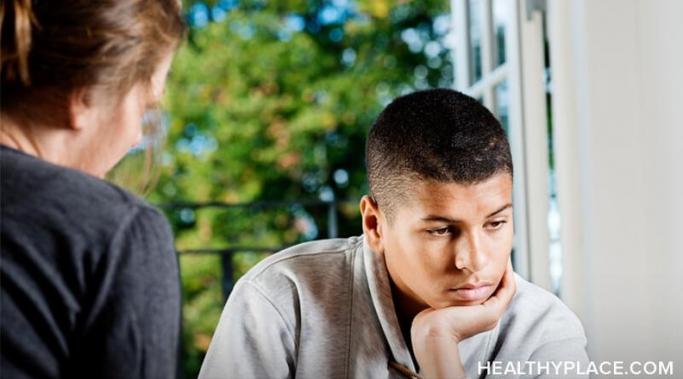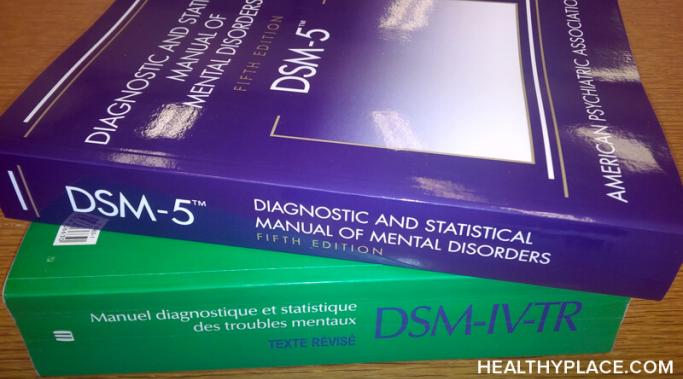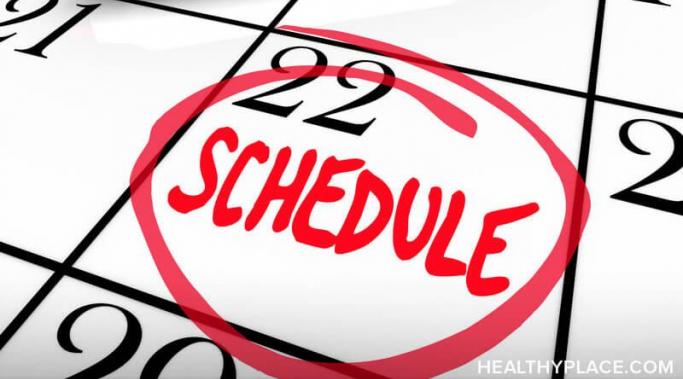Blogs
Learning how to make the shift from rigid to flexible behavior is a crucial part of eating disorder recovery. But I will be upfront about this: I am not a naturally adaptable or flexible person. I consider myself a creature of habit, someone who finds comfort in strict routines and stable environments. I structure my life in precise, meticulous detail—from the location in my house where I work, the times I eat and exercise, to the number of steps I take on a daily basis. Therefore, shifting from rigid to flexible behavior in eating disorder recovery is no simple task.
Comments about verbal abuse can help or hurt. People can be generally helpful, even when they hear of a verbally abusive relationship. They may offer words of support or advice they think are beneficial to the situation. Often, these people mean well, but sometimes, their comments about verbal abuse are not helpful or well-received. There can be a fine line between supporting a victim of verbal abuse and minimizing their experience.
Recently, I got my blood levels tested for a schizoaffective disorder medication I’m taking. My levels were slightly low. Let me tell you why it’s important that I get my blood levels tested regularly for this particular medication for my schizoaffective disorder.
Living with mental illness doesn't make you weak. If anything, it requires immense strength to fight a war in your mind, one that nobody can see. It's stigma that reinforces the idea that mental illness makes you weak.
When I'm anxious, one of the hardest things to do is to stop overthinking. After all, this seems to be what anxiety is about, beyond, of course, the physical symptoms. Anxiety causes you to worry about what you are experiencing stress about. Therefore, you end up overthinking about the situation and about various scenarios. It's hard to stop overthinking.
Masking depression is something many people do. I tell people when I discuss living with major depressive disorder that I am the queen of masks. And it's true; I can smile when I need to. I became such a perfectionist at masking my depression that I could even fool my closest friends. Yet, when I am alone or turn around, my smile disappears from my face quicker than a scared jackrabbit.
I've recently undergone a routine change with my bipolar disorder. This has been harder to adapt to than you might think. I find doing the same thing every day has a protective effect on bipolar disorder, so removing that rhythm can do the opposite. A change in my bipolar routine has officially thrown me off my game.
I used to think I was bad at meditation. I had poured myself into books, podcasts, and media that revolved around self-improvement and noticed a common theme: meditation. The problem was that I had already convinced myself that I was bad at meditation. After years of trying, I felt discouraged that I couldn't grasp this seemingly magic tool praised by many. I had almost given up, but instead, I turned to the question, "Is it possible to be bad at meditating?"
As I sit down to reflect on the therapeutic power of spring cleaning and self-esteem, I am drawn into a journey of self-discovery and personal growth. Growing up, I never realized the profound impact that tidying my space could have on my mental wellbeing and self-esteem. However, as I have navigated through life's challenges, I have gradually uncovered the transformative effects of decluttering and organizing my surroundings. In short, your self-esteem can be affected by spring cleaning.
Early this week at my meeting, we shared some of the toughest hurdles we've faced on our journey to gambling addiction recovery, and I couldn't help but notice that budgeting and debt managing emerged as a key theme. It's difficult to dig yourself out of debt and regain financial stability, especially if you don't know much about finance management. There are also limited resources on the topic aimed at recovering gamblers. This inspired me to delve deeper into the topic, as rebuilding finances was also one of my biggest challenges on my journey to recovery.










Also, abuse is wrong, and in order for it to be abuse means there is automatically someone on the receiving end who doesn’t deserve it, which is what is called a victim. In actuality, you can be both a victim AND a survivor AT THE SAME TIME.
I am interested in a lot of the topics available on this site, but this article honestly makes me question how ignorant and untruthful/misrepresenting other articles on this site might be. This article betrays credibility for the site as a whole. Might want to consider that. Especially with both disability AND domestic violence being on the rise…this article is only going to get more and more negative feedback over time.